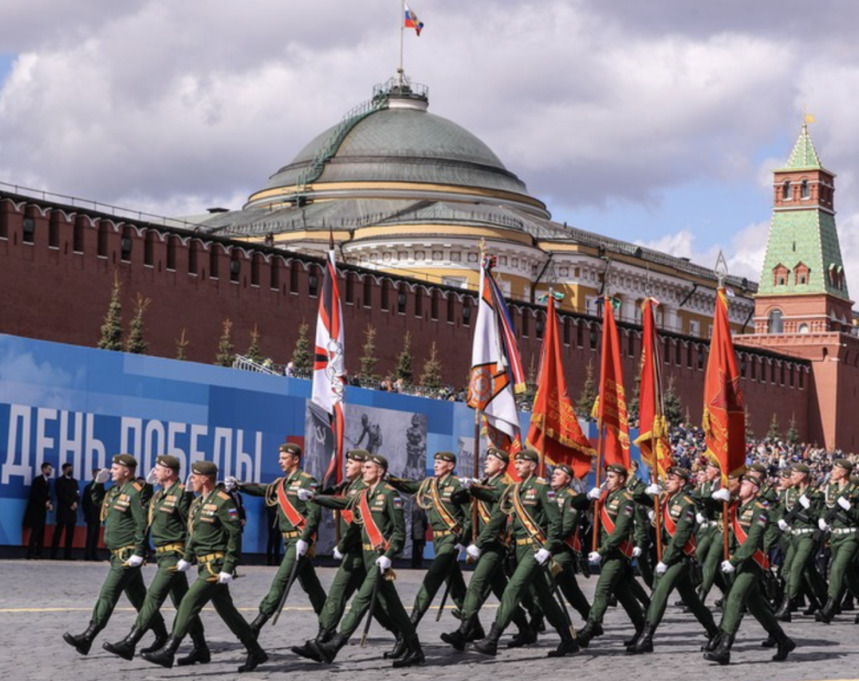
On May 9, 2025, Moscow’s Red Square will transform into a stage of geopolitical theater as Russia commemorates the 80th anniversary of victory in the Great Patriotic War. The guest list reads like a diplomatic chessboard—some pieces advancing with fervor, others retreating into the shadows.
At the forefront stands Belarus’s Alexander Lukashenko, whose loyalty to the event is as unshakable as Soviet-era concrete. "We couldn’t *not* come," he declared, as if the invitation were a gravitational pull. Joining him are the usual suspects from the CIS—Azerbaijan’s Ilham Aliyev, Kazakhstan’s Kassym-Jomart Tokayev, and a chorus of Central Asian leaders, their presence as predictable as the march of toy soldiers in a May Day display.
But the roster stretches beyond the post-Soviet sphere. China’s Xi Jinping arrives like a silent strategist, Brazil’s Lula da Silva brings Latin flair, and Vietnam’s To Lam nods to Cold War camaraderie. Even Burkina Faso’s Ibrahim Traoré and Venezuela’s Nicolás Maduro will stand shoulder-to-shoulder—proof that Moscow’s influence still flickers in unexpected corners of the globe.
Meanwhile, the West’s chairs remain conspicuously empty. No EU heavyweights, no star-spangled envoys, not even a whisper from the UN’s António Guterres. The Kremlin’s spokesperson, ever the master of understatement, confirmed these "unfriendly" nations weren’t invited—a diplomatic snub wrapped in bureaucratic parchment.
India’s Narendra Modi, caught between terror attacks and ties, sends regrets—a decision as delicate as a chai cup balanced on a diplomat’s knee. Slovakia’s Robert Fico and Serbia’s Aleksandar Vučić, however, thread the needle, their attendance a tightrope walk between East and West.
As the world watches, Moscow’s guestbook becomes a Rorschach test: Is this a celebration of shared history, or a ledger of modern alliances? Either way, on May 9, the Red Square’s cobblestones will bear witness—to those who came, those who didn’t, and the unspoken tensions between them.